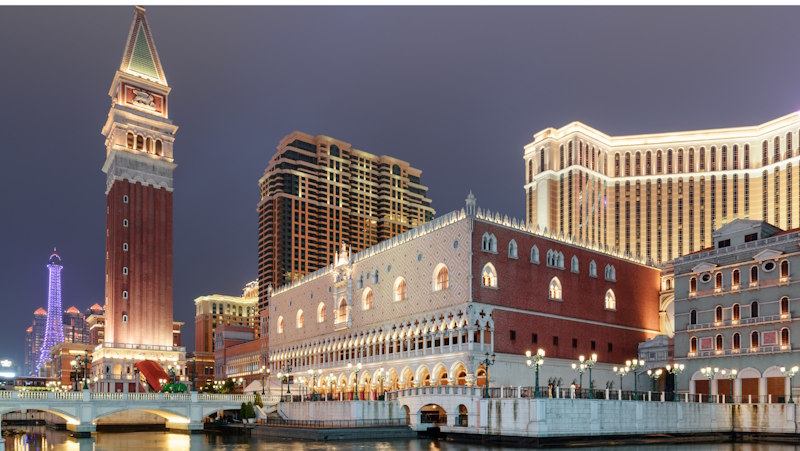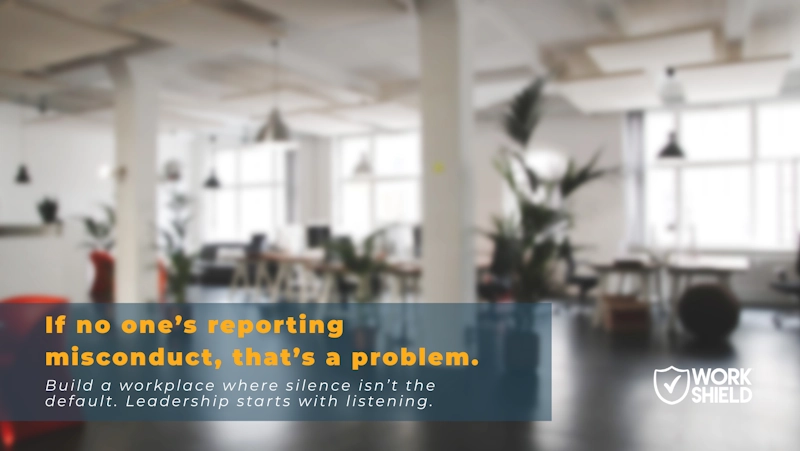With Black Friday approaching, retailers are gearing up for their busiest time of year. Even with COVID-19 impacting the economy and access to brick-and-mortar stores, the National Federation of Retailers expects holiday retail spending to grow between 3.6 and 5.2 percent this year to more than $755.3 billion. The NRF also expects retailers to hire between 475,000 and 575,000 seasonal workers to address demand during the holiday shopping season.
Retail’s Harassment Problem
The retail industry is one of the largest providers of private-sector jobs in the country, directly employing about 29 million workers, including in-store employees, fulfillment positions, marketing personnel, corporate roles, and so on. The industry is also rife with sexual harassment and misconduct issues. A recent analysis of Equal Employment Opportunity Commission data by the Center for American Progress found that 25 percent of all sexual harassment complaints were filed in industries with large numbers of service workers. The report reviewed 10 years’ of private sector sexual harassment charges filed with the EEOC and determined that 13.44 percent of claims were made in the retail trade, the second-highest percentage after accommodations/food services.
Low-Wage Workers and Power Imbalances
What makes retail workers more vulnerable to workplace harassment? A lack of employee empowerment is a major factor. The tendency of frontline retail positions to be low-wage and occupied by women and people of color is a recipe for the type of power imbalances that can lead to harassment. “From what we know about all sexual violence … it is a crime of power and control, and usually people who perpetrate these crimes will try to use vulnerabilities against the people that they are targeting,” Josie Torielli, the Assistant Director of Intervention Programs at the New York City Alliance Against Sexual Assault, told Racked. Torielli also points out that not only do harassers target those who have less power, but economically vulnerable employees may also be less likely to report incidents out of fear of losing their jobs.
The Distributed Management Landscape
Retail’s distributed management structure, with corporate headquarters often hundreds or thousands of miles away, is also a factor in workplace harassment. It can lead to poorly communicated HR policies and complaint procedures while also providing little hands-on oversight of the complaints that are filed. A 2016 EEOC study of harassment in the workplace found, “Decentralized workplaces, marked by limited communication between organizational levels, may foster a climate in which harassment may go unchecked.” Consider that the Center for American Progress analysis shows that 75 percent of sexual harassment complaints also include an allegation of retaliation, and the realities of reporting workplace issues become dire.
Retail Workplace Solutions
Third-party solutions like Work Shield are integral in addressing and mitigating a culture of workplace harassment and discrimination. With Work Shield, an experienced team of legal professionals provides impartial management of the entire situation from start to finish, including incident reporting, unbiased investigations and resolution recommendations. This system encourages employees to voice concerns about workplace discrimination and harassment, cultivating an active culture of empowerment and fairness.
Beyond Corporate Retail: Supporting Black-Owned Business on Black Friday
Social justice efforts in 2020 have highlighted the importance of minority-owned retailers during this holiday season. Black-owned businesses, particularly those led by women, have been hit especially hard by the pandemic due to disparities in available capital. Work Shield believes in diversity, equity and inclusion efforts that support open and positive workplace cultures, and we’re pleased to see concerted efforts to support Black-owned companies. Hashtags like #BuyBlack and #ShopBlack and #ShopBlackOwned are leading the charge on social media, and regional events, such as Chicago’s Black Shop Friday, are making an impact at the local level.
About Jennifer PopeJennifer is the Co-Founder of Work Shield, the only start-to-finish workplace harassment and discrimination reporting, investigation and resolution solution that protects employees, employers and cultures at the same time. Jennifer’s background as an attorney fueled her desire to help others. She leverages her experiences from Hewitt Associates, Thompson & Knight, and SMU’s Dedman School of Law to help employers shift the paradigm related to workplace harassment to ensure that everyone has a voice.
Connect with Jennifer on LinkedIn.





